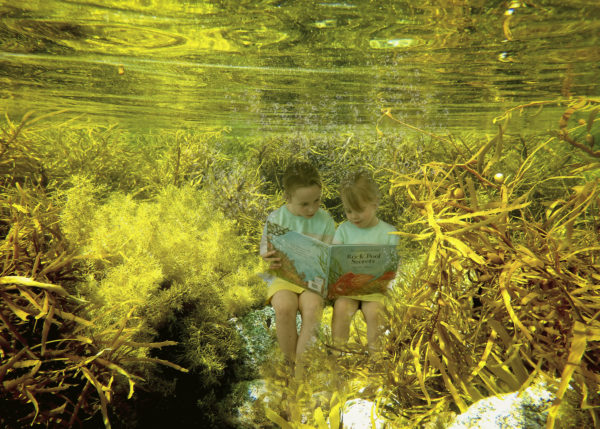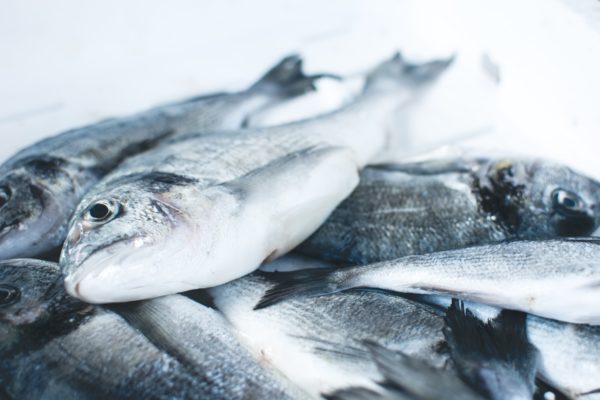The environmental damage caused by humans – and its consequences – have been explored in stories for decades, and continue to be discussed today.
From Thanos wiping out half of humanity for our ‘own good’ in Avengers: Infinity War, to humans abandoning a devastated planet in Wall-E, it’s thankfully a trendy issue.
So what’s our role on this planet? And say we did ditch Earth, died out, or even just disappeared altogether, what would happen?
The human impact
In the few billion years of life on Earth, everything followed a natural course of evolution. Then the rapid success of humans disrupted Earth’s natural systems.
“We have become ecosystem architects,” says Associate Professor Mike Weston from Deakin University’s School of Life and Environmental Sciences. “We shape environments to suit us.”
Most great advances in technology and agriculture mean more convenient and efficient ways for humans to sustain ourselves.
A/Prof Weston explains that in many cases these have distanced us from the natural world, which is now something we control and profit from.
“For example, carving expanses of woodland into human elements – paddocks, narrow tree corridors along roadways, towns and cities, and the odd reserve which are too often situated in areas economically unviable for any other purpose.”
Industrialism and capitalism have pressured and degraded our natural environment.
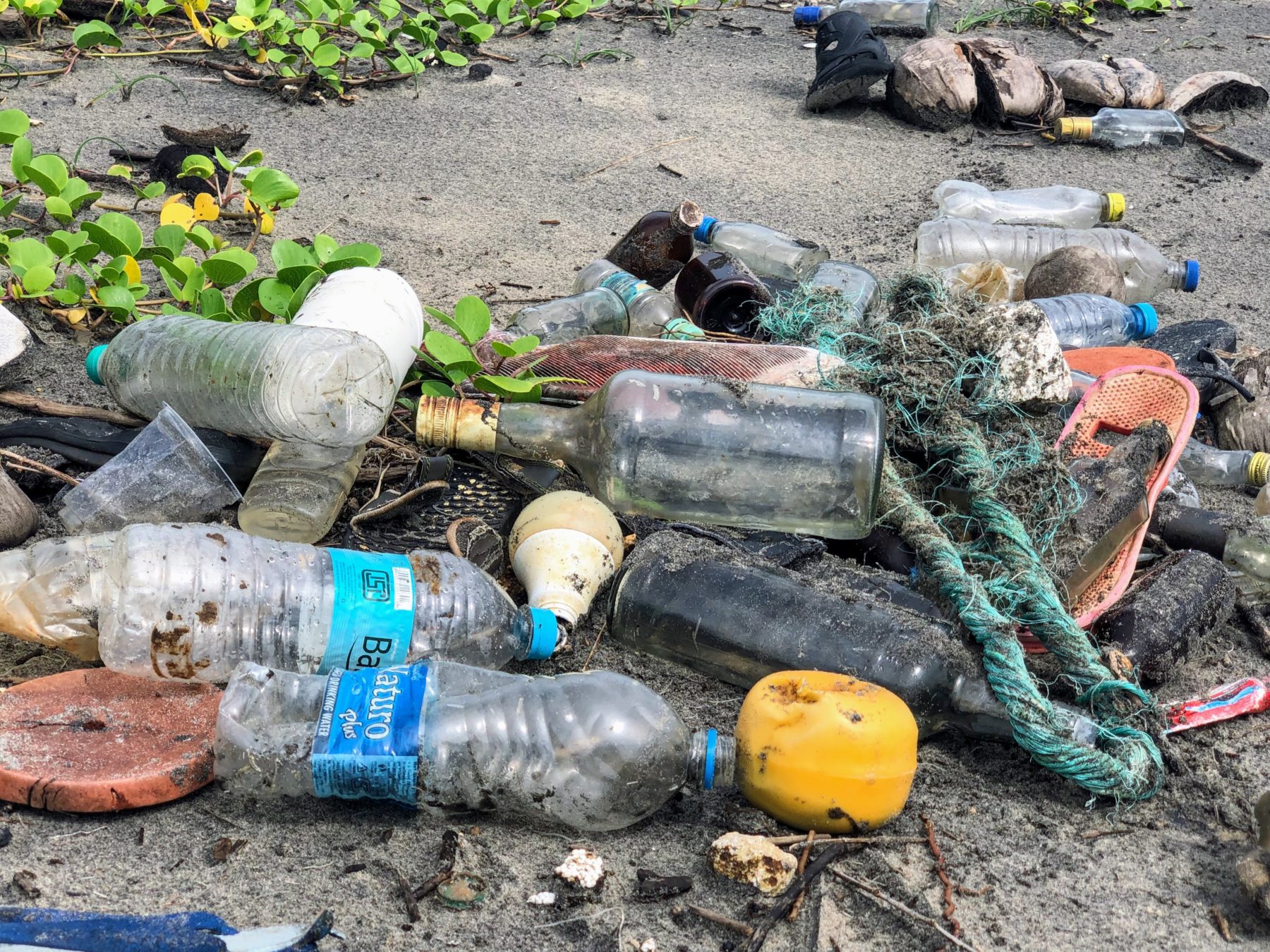
“We are also changing the climate,” A/Prof Weston adds.
We’ve all heard the facts and science regarding human activities that contribute to climate change and global warming. Yet we continue to burn fossil fuels, cut down forests, and unequally distribute resources.
We encroach on ecosystems with urbanisation and food production, our carelessness causes species extinctions, and our leftovers pollute our air, lands and seas.
Our 7.6 billion global population makes up only 0.01 percent of all living things on Earth, but we’ve caused the loss of half of plant life and 83 percent of wild mammals since the beginning of civilisation.
Yet we deliberately breed and slaughter livestock to feed a growing and increasingly carnivorous population.
What happened to the nomadic hunter-gatherer tribes that were once so much more in-tune with the lands?
Our role on Earth
Each species on Earth contributes to its ecosystem, and in turn to nature and life as one interconnected planet.
“We evolved like any other species,” A/Prof Weston says. “We evolved traits which enabled us to radically alter our environment – cognition, language, tool use, social organisation – and we dominate terrestrial environments.”
Humans use nature, but don’t seem to contribute much to it. Yet, A/Prof Weston points out that “some see our influence as a natural extension of our evolutionary success.”
“Others perceive us as non-natural. This view sees us as damaging and problematic, conferring few ecosystem benefits.
“We maintain some (humanised) habitats upon which a handful of species depend,” A/Prof Weston adds. These species have “traits that helped them adapt to us.
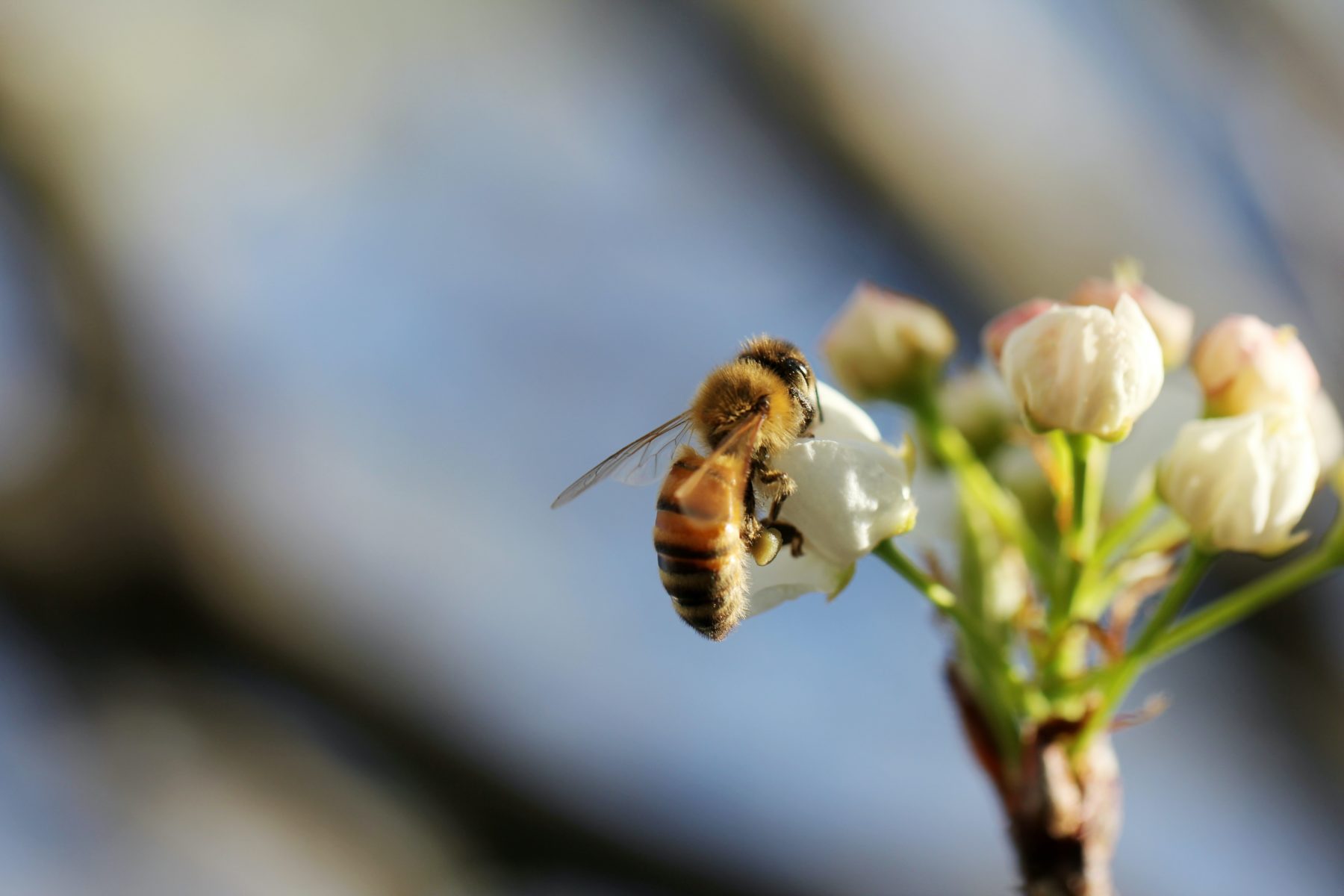
“Sadly, we diminish the vast bulk of species who are not adept at living with us.”
However, humans are a unique species with our consciousness, different types of thinking, and structure building abilities.
Our purpose and role on Earth is a long-discussed, contentious topic. While we may not perform an inherent, essential role for the living planet, religious, philanthropic and artistic reasons are often mentioned.
“Our wonderful, intelligent, sparky species capable of initiatives such as healthcare, education, equity, art and science would be absent.”
An Earth without us would be an Earth without these things or anybody to enjoy them.
But do we then see ourselves as above nature? And do these values outweigh the harm we bring to animals and the environment?
A rebalance is needed. Perhaps our role becomes a responsibility. To restore our original relationship with nature. To be caretakers.
“Our cognitive capacity confers responsibility on us to curb our instincts and be less impactful on the very ecosystems on which we rely.”
We have the awareness of – and ability to – stop our exploitation and crippling of Earth.
How would Earth look without humans?
If we look at areas like Chernobyl – a city in northern Ukraine – as an example, we can predict that the world would undergo a slow process of rebirth.
Since the nuclear disaster at Chernobyl 30 years ago, nature has taken advantage of human absence.
“In these areas, wildlife thrive, rapidly reinhabiting human settlements and landscapes,” A/Prof Weston says.
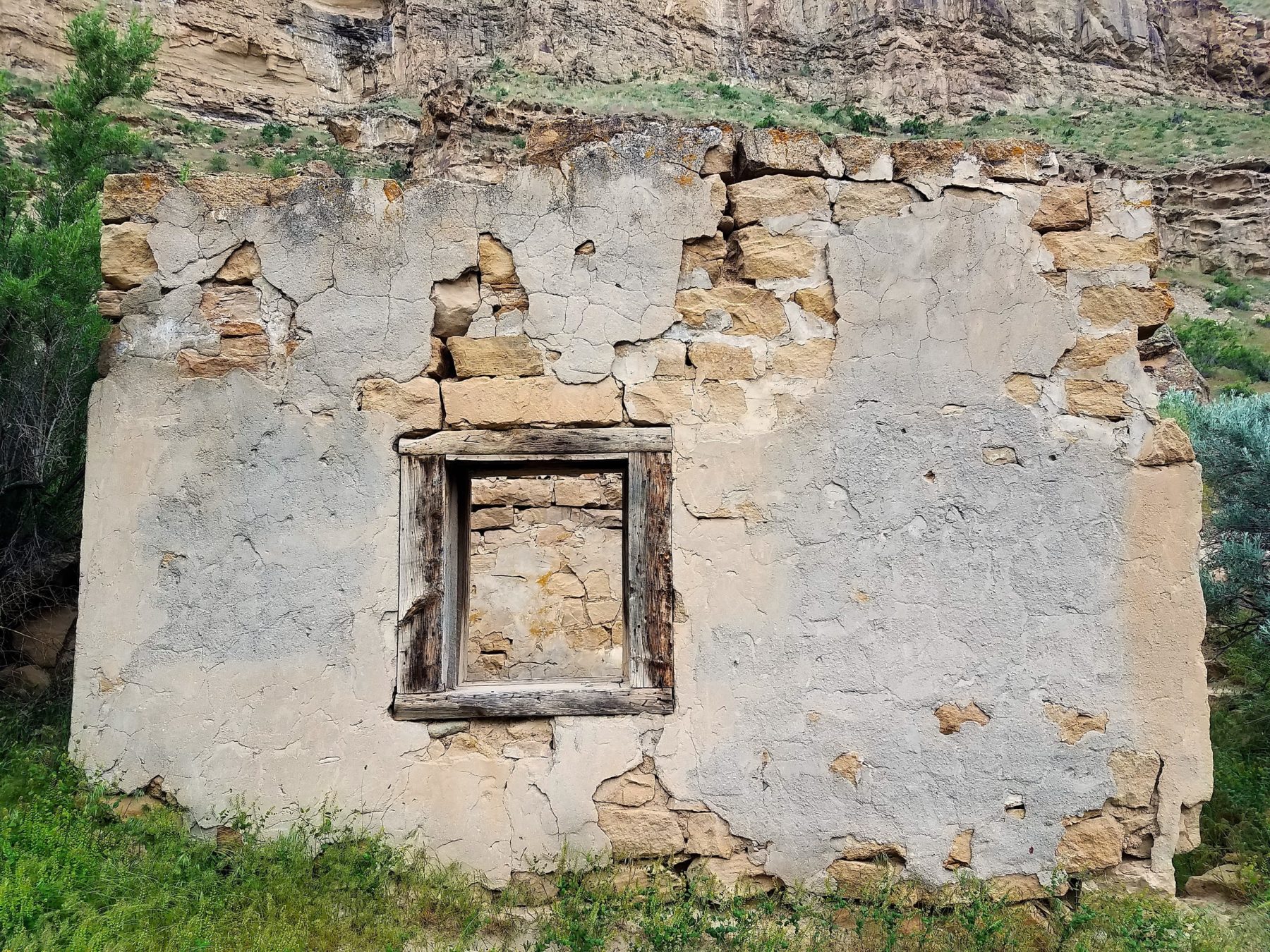
The site is home to nearly 70 percent of the country’s bird species. Even rare species have been sighted there.
So if humans weren’t here anymore, Earth would look very different.
A/Prof Weston explains that domesticated animals, livestock and other species adapted to humans could die out.
“We have also supported the conservation of a lot of threatened species, those we have pushed to the brink.” Species cannot return from extinction.
“We will have left our mark,” A/Prof Weston says. “We have changed the trajectory of the planet’s biodiversity.
“This new ‘normal’ state would evolve and change constantly, as we know occurred before humans came along.
“As buildings crumble,” A/Prof Weston says, “trees grow over and through buildings, and our infrastructure makes way to nature in a manner which may shake our sense of permanence!”
Lush grass and plant life would grow abundantly. Forest and vegetation could swallow the ruins of humanity, replacing excess industrial carbon dioxide with oxygen. Breathing fresh life.
“I imagine a greener, cooler, more biodiverse place.”
The billions of tonnes of plastic pollution would start to degrade without being replaced by new plastics.
Natural waterways may reappear, carrying nutrients and flushing out toxins. Sea levels may fall and seas repopulate with new residents. New reefs may form.
Wildlife would flourish. Rare and common species could expand their habitats and repopulate freely.
Birds would proliferate life by spreading seeds. Nature would reclaim the environment and it may resemble the wilderness that existed before humanity.
A haven.
Looking at our recent situation: people staying at home to stop the spread of coronavirus, there were far fewer people driving cars, fewer factories running, and air pollution levels dropped around the world, evident on satellite imagery.
Interestingly, some wildlife actually reappeared, exploring our emptier streets (and even canals) around the world.
“Presumably it would’ve kept occurring and intensified if people didn’t reinhabit their places,” A/Prof Weston says.
In just a couple of months, nature started to make the most of what humans ‘left behind’.
It’s almost as if Earth has been reminding us of a few things.
Going forward
A/Prof Weston explains that we’ve already put major climate changes into motion that will continue for hundreds of years. But we can still slow it.
“We live in an era of the emergence of environmental laws, organisations and concern,” A/Prof Weston says. “Parks dedicated to nature conservation are now the norm, even in our oceans.

“Humans are the problem but we are also the solution.”
We can equip ourselves with knowledge, use our creativity and innovation to turn away from short-sightedness and take action towards a sustainable future. We can practice subsistence rather than commercialisation.
“The time for change is here, and it starts by valuing our natural planet.”

